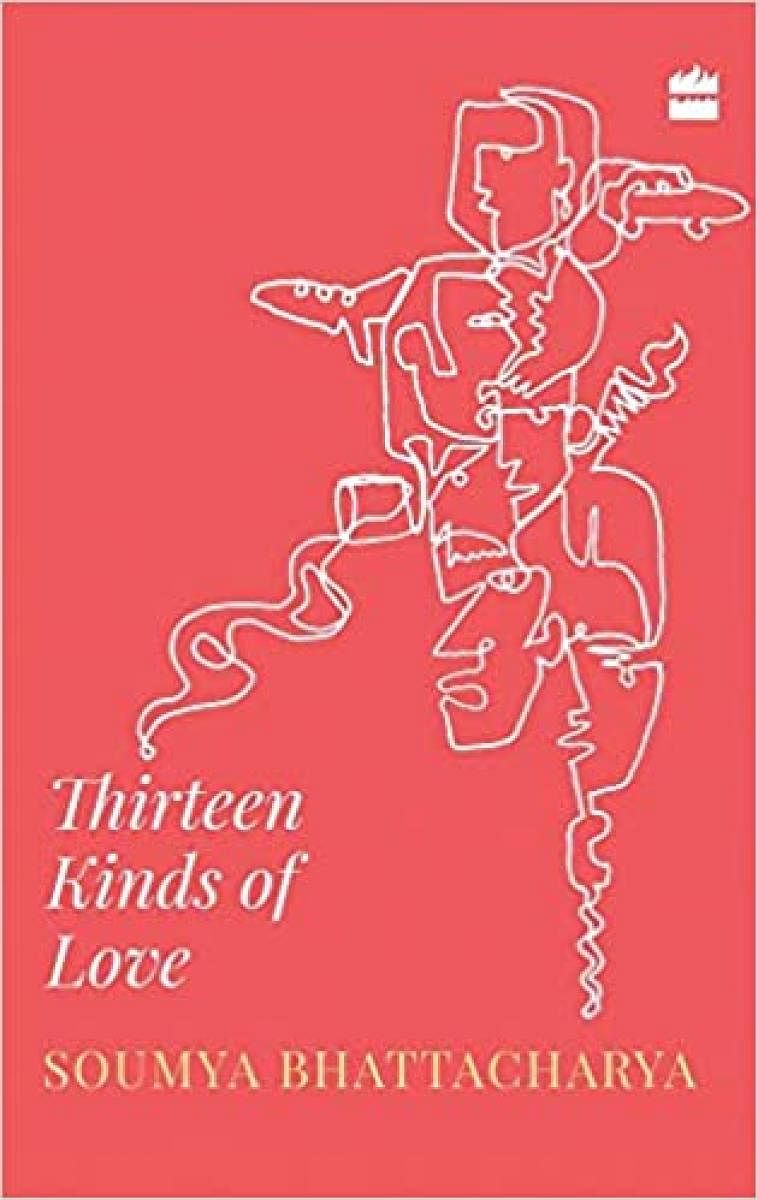
Priyanka Dandekar, recently widowed and a workaholic Human Resources executive at a ‘large conglomerate’, connects with a writer who has recently moved into Imperial Heights, the posh apartment building in Bandra, where she lives. Since she’s lost her husband, Priyanka has downsized her apartment — it was previously two flats knocked into one (that popular exercise among urban Indians looking to expand square footage).
With the loss of extra space, Priyanka also loses her judgement when she has a fling with a writer, Shankar Shivaraman. Shankar sends her long, writerly emails (“Dear Priyanka, I miss autumn. Or, as my friends in America call it, fall.”). She realises her mistake soon enough. When she sends him a dismissive final text (“Up 2 u. Find a way if u wnt 2.”), the reader will cheer her on.
The brief coming together and parting of Priyanka and Shankar is told through a series of mails and text messages in a chapter titled ‘Exchanges’ in Soumya Bhattacharya’s latest novel, Thirteen Kinds of Love. It might be mentioned in the book’s title, but love is hard to find and even harder to hold onto for a set of residents of Imperial Heights whose lives are explored in this slim novel. Theirs is a most exclusive milieu — the moneyed professional class of modern-day Mumbai.
Fertile territory
The goldfish bowl lives of the rich have long been fertile territory for writers — Edith Wharton and Henry James used them to reflect on the hypocrisies of American and European societies. James comes in for a diss from one of the characters in Thirteen Kinds of Love. Samrat Chaudhuri, an advertising executive and passionate reader, finds James “convoluted and boring” and can’t even be bothered to read The Aspern Papers. We’ve all come across Samrat clones at literary events across the country — they all harbour a desire to write the Great Indian Novel (though they really shouldn’t), but insist with thickly laid on modesty that they won’t, because someone has to read the books being published, no?
As for the rest of the characters that populate the book, the women don’t fare so well. Samrat’s wife Malini makes a half-hearted attempt to separate from him. Priyanka decides that it’s her son who should be the sole focus of her life after dumping the insufferable
Shankar. The lone female character from the other side of the wealth divide, Savita, who works as a maid and cook at Imperial Heights, is, of course, a victim of domestic abuse and only knows happiness when she sees her employers bond happily with their families. They, in turn, only remember her when they are at a party and wish she was there to clean up their mess.
Thirteen Kinds of Love is at its most evocative at the start. We get a glimpse into the lives of the characters through the point of view of Rakesh who’s just been hired as a driver by Samrat and Malini. The chapter focusing on him and his aspirations is well-written and unsettling — but that emotion is soon squandered, once Bhattacharya starts hopping from one man’s midlife crisis to another. Brands and football club names are dropped. One couple — Manish and Sunita — are given first person narratives that allows Bhattacharya to flex some creative muscle. But would the Executive Director of an international sanitaryware company, thickly portrayed as a boor, pause between his stream of boasts and vulgar brashness to appreciate “the reddish-brown colour of the tea bleeding into the cubes of ice”?
There are glimpses of what could have been a darker, more incisive examination of what it means to have everything and nothing at the same time in Mumbai. But for that, some of the characters in Thirteen Kinds of Love would have had to experience harsher reversals of fortune. Instead, even the deaths that should disrupt their lives, barely make an impact on them. At the New Year party that ends the book, a glass is shattered. All the reader can ask, after spending a few hours with these men and women and their precocious children, is, okay, so what?